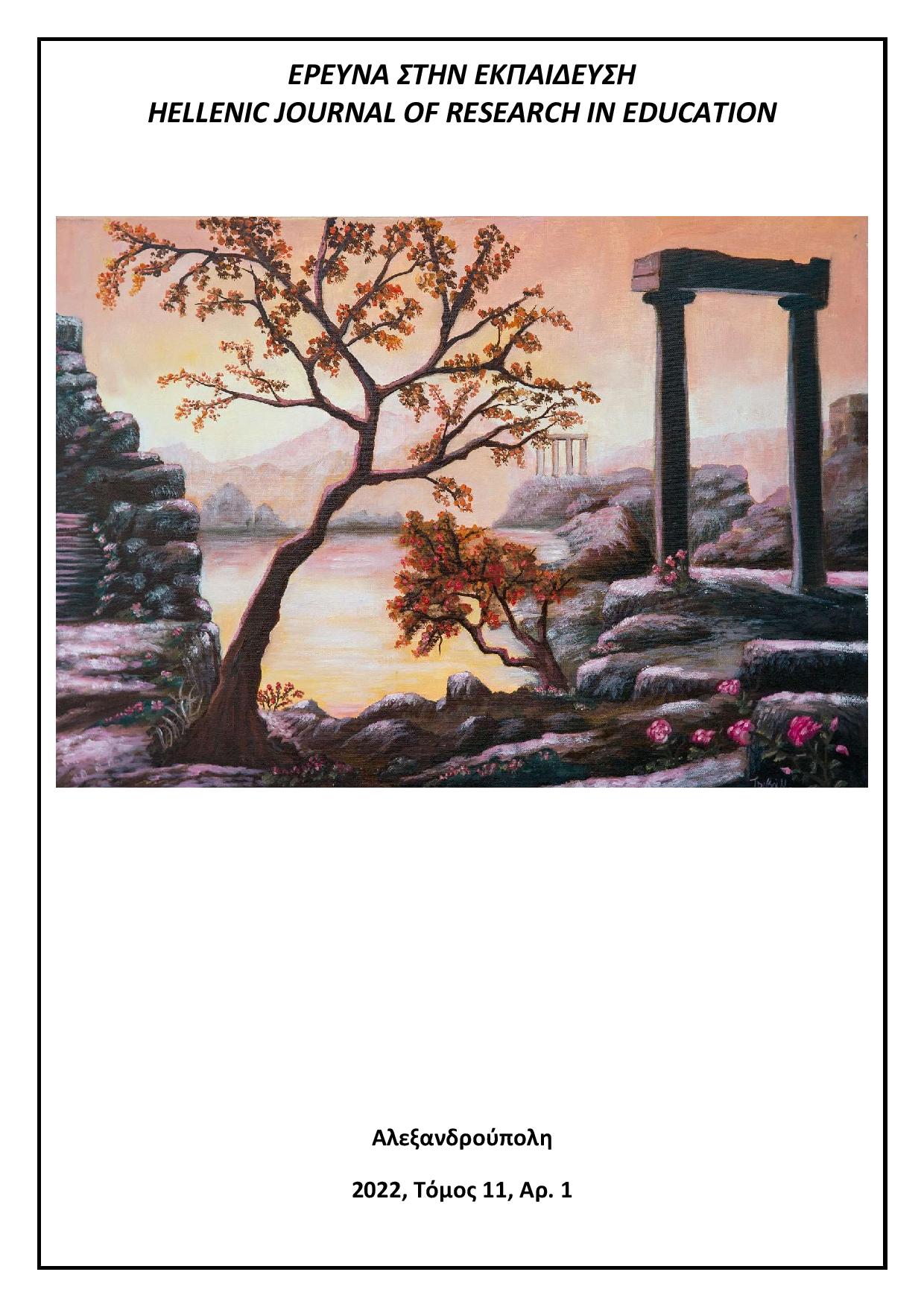Διερεύνηση των προσδοκιών των εκπαιδευτικών από την επιμόρφωση στο πεδίο των καινοτόμων διδακτικών μεθόδων

Περίληψη
Η αξιοποίηση καινοτόμων διδακτικών προσεγγίσεων, όπως η μάθηση σε ομάδες και η μέθοδος project, δύναται να συμβάλλει στην ανάπτυξη της κριτικής σκέψης και της δημιουργικότητας των μαθητών, βασικό ζητούμενο του σύγχρονου σχολείου. Κατάλληλες δραστηριότητες επαγγελματικής ανάπτυξης μπορούν να προετοιμάσουν τους εκπαιδευτικούς με τρόπο τέτοιο, ώστε η εφαρμογή των εν λόγω μεθόδων να είναι τω όντι αποτελεσματική. Η άρτια αυτή προετοιμασία προϋποθέτει το συνυπολογισμό των αντιλήψεων, των αναγκών και των προσδοκιών των εκπαιδευτικών στο σχεδιασμό των προγραμμάτων, κάτι που σπανίως συμβαίνει στην ελληνική περίπτωση. Η παρούσα έρευνα στόχευσε στη διερεύνηση των προσδοκιών των εκπαιδευτικών αναφορικά με τη συμβολή της επαγγελματικής ανάπτυξης στην εφαρμογή καινοτόμων διδακτικών προσεγγίσεων. Η καταγραφή αυτών δύναται να αναδείξει τις αντιλήψεις τους αναφορικά με τις όποιες καινοτομίες, το βαθμό στον οποίο κατέχουν την απαραίτητη γνώση για την αξιοποίησή τους, αλλά και το τι τελικά επιζητούν από τα συναφή προγράμματα επιμόρφωσης, σκιαγραφώντας έτσι τις ειδικότερες επιμορφωτικές τους ανάγκες και παρέχοντας σαφείς κατευθύνσεις για το σχεδιασμό αποτελεσματικότερων τέτοιων προγραμμάτων. Για το λόγο αυτό πραγματοποιήθηκε μια ποιοτική έρευνα, στο πλαίσιο της οποίας διεξήχθησαν 32 ημιδομημένες συνεντεύξεις και η οποία αποτελεί ένα μικρό μέρος ευρύτερης έρευνας αναφορικά με την επαγγελματική ανάπτυξη των εκπαιδευτικών πρωτοβάθμιας και δευτεροβάθμιας εκπαίδευσης της Περιφερειακής Ενότητας Αχαΐας. Τα αποτελέσματα της έρευνας αυτής ανέδειξαν, μεταξύ άλλων, την έντονη ανάγκη και επιθυμία των εκπαιδευτικών για επιμόρφωση στο πεδίο των καινοτόμων διδακτικών μεθόδων, τις υψηλές τους προσδοκίες από τέτοιου περιεχομένου προγράμματα, αλλά και συγκεκριμένα εμπόδια που δεν έχουν επιτρέψει, ως ώρας, σε συναφείς επιμορφωτικές δράσεις να τελεσφορήσουν στο ελληνικό πλαίσιο.
Λεπτομέρειες άρθρου
- Πώς να δημιουργήσετε Αναφορές
-
Κούλης Α. Κ., & Μπαγάκης Γ. (2022). Διερεύνηση των προσδοκιών των εκπαιδευτικών από την επιμόρφωση στο πεδίο των καινοτόμων διδακτικών μεθόδων. Έρευνα στην Εκπαίδευση, 11(1), 64–82. https://doi.org/10.12681/hjre.28414
- Τεύχος
- Τόμ. 11 Αρ. 1 (2022)
- Ενότητα
- Άρθρα

Αυτή η εργασία είναι αδειοδοτημένη υπό το CC Αναφορά Δημιουργού – Μη Εμπορική Χρήση – Παρόμοια Διανομή 4.0.
Τα πνευματικά δικαιώματα των άρθρων του περιοδικού ανήκουν στους συγγραφείς. Τα άρθρα διατίθενται με άδειες Creative Commons CC-BC-SA 4.0


